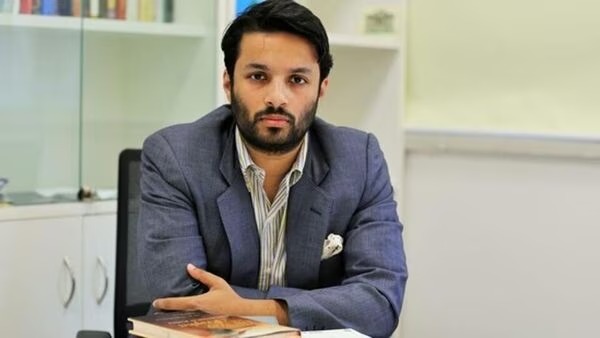New Delhi — Ashoka University associate professor Ali Khan Mahmudabad has petitioned the Supreme Court for an urgent hearing and immediate release after his arrest by Haryana Police, contending that the two FIRs against him are baseless and breach fundamental rights to free speech.
Filed under Article 32, the plea argues that Mahmudabad’s Facebook comments praising the Indian armed forces’ “strategic restraint” during recent hostilities were “entirely patriotic” and cannot attract criminal liability. “No cognisable offence is disclosed; both the FIR and my detention are unconstitutional,” the petition states.
Chief Justice D.Y. Chandrachud (sitting with Justice J.B. Pardiwala) agreed to list the matter “tomorrow or the next day.”
More than 1,200 scholars, activists, former civil servants and legislators—including historians Romila Thapar and Ramachandra Guha, writers Githa Hariharan and Aakar Patel, and journalists Ravish Kumar and Rana Ayyub—have demanded a public apology from the Haryana State Women’s Commission. They accuse the Commission of wilfully misreading two Facebook posts dated 8 and 11 May, which, they say, laud women officers Col. Sophia Qureshi and Vyomika Singh and call for peace, not war.
Ashoka University faculty echoed the condemnation, insisting that the historian-political scientist “has done nothing wrong.”
The Commission’s 12 May summons alleges Mahmudabad “vilified India’s army,” “outraged women’s modesty,” and “incited communal disharmony.” In reality, the posts:
Applaud the military for avoiding civilian targets in Pakistan.
Celebrate the optics of women officers leading briefings while urging equal protection for minorities.
Warn against “blind bloodlust” and invoke the Bhagavad Gita and Islamic teachings on restraint.
Mahmudabad calls the notice “a new form of censorship” and maintains the Commission lacks jurisdiction.
Legal observers say the case could clarify the limits of state commissions’ powers and reinforce speech protections under Article 19. If bail is denied in lower courts, the Supreme Court can order release under its extraordinary writ powers.




